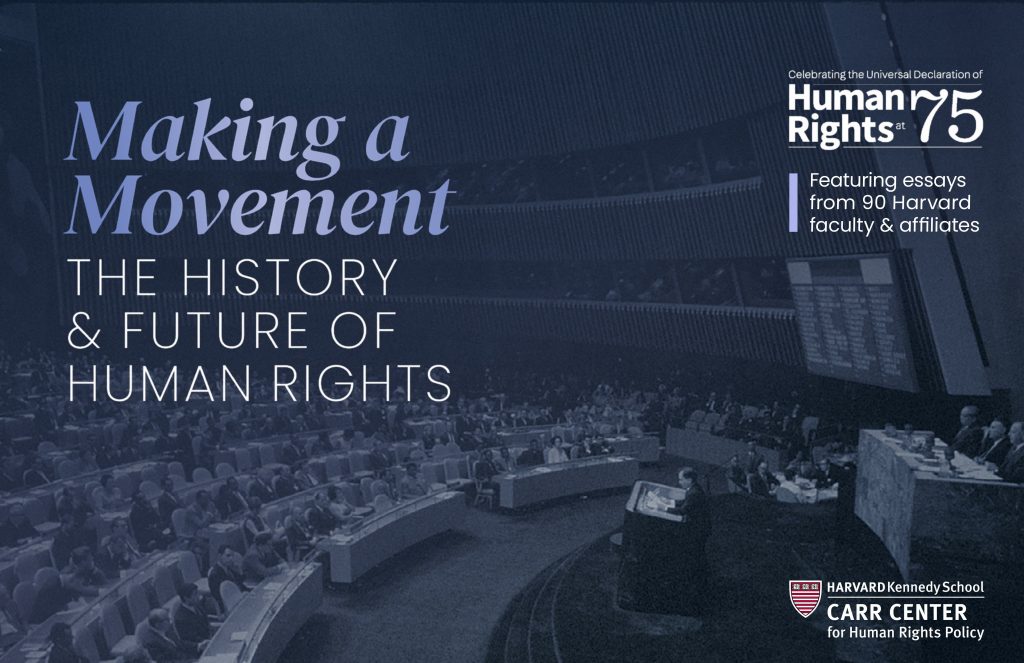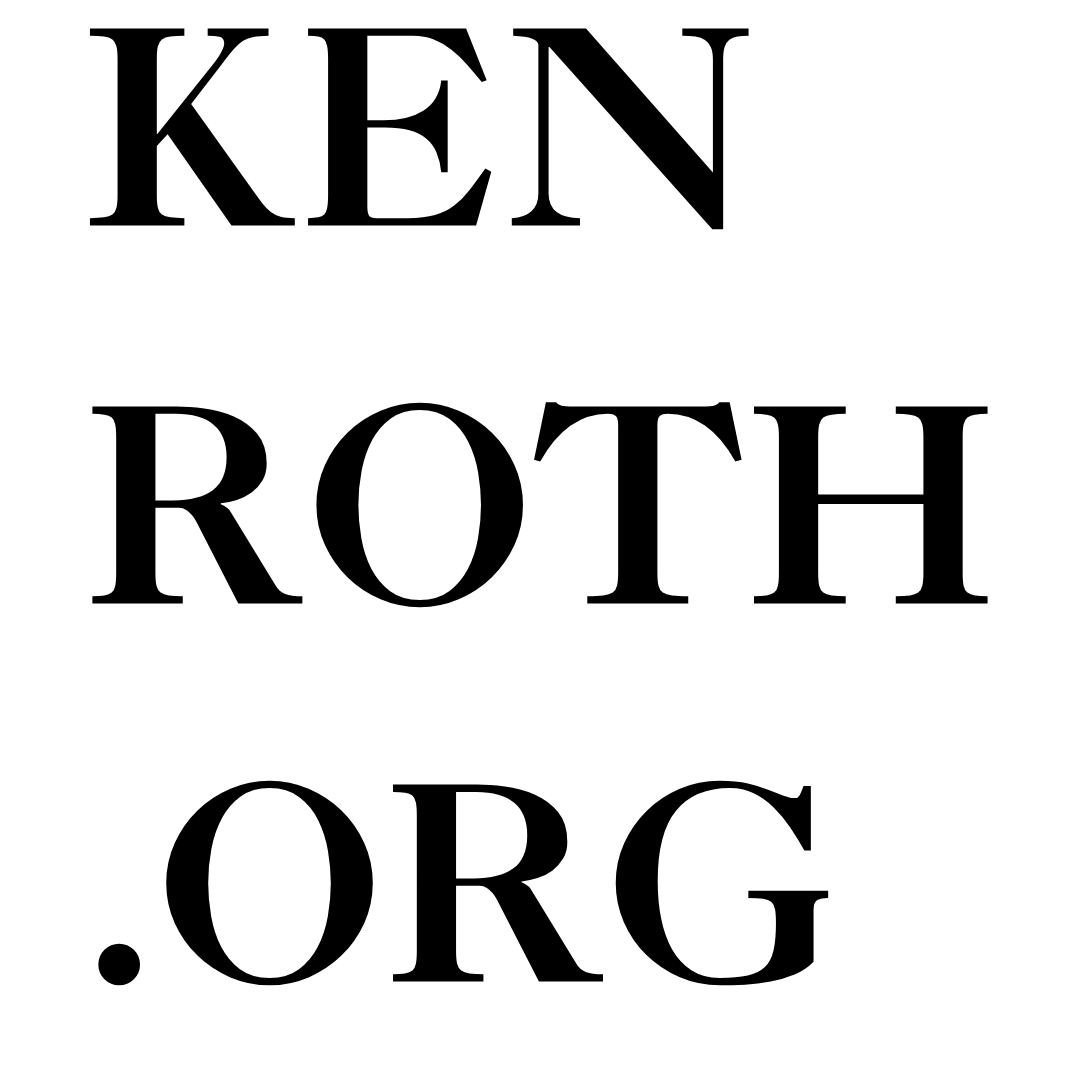
Celebrating the Universal Declaration of Human Rights at 75
Featuring essays from 90 Harvard faculty and affiliates – Harvard Kennedy School, Carr Center for Human Rights Policy
What is the significance of the Universal Declaration of Human Rights as we celebrate its 75th anniversary? In my view, its most important contributions were to articulate a series of basic rights that are sought by people around the world, and to clarify that a government’s respect, or not, for these rights is an appropriate international concern.
The articulation of “universal” rights helped to undercut those governments that tried to pretend these rights were Western impositions. That claim comes up most commonly around the rights of women, and sexual and religious minorities. The Chinese government goes a step further, claiming that the entire human rights enterprise should not be universal but should vary according to each “civilization,” meaning each government’s self-interested interpretation of that civilization. As the Universal Declaration spawned defenders of human rights in virtually every nation, it helped to demonstrate that the only “imposition” was by conservative forces within each society seeking to preserve their privileged position and to repress those who sought to live differently or more freely.
As for the Universal Declaration’s establishment of human rights as an appropriate international concern, that didn’t stop governments from claiming that their human rights practices were an internal affair, but it undermined that defense. For many years, governments at the United Nations deemed it undiplomatic to criticize abusive countries by name. But with perpetrators not identified, no government felt pressure to reform.
This reticence reflected the view that the United Nations should only “promote” but not “protect” human rights—a view that found support in the wording of the UN Charter and was even endorsed by Western governments that worried about being held to account for colonialism by European powers or racism in the United States. Many governments maintained that the responsibility to uphold human rights should be exercised by each government on its own, without the involvement of others—a view akin to China’s current position.
This reticence began to change in 1967 as governments called out South Africa’s apartheid. Key actors in this shift—and in mainstreaming the strategy of pressuring governments to respect human rights—were civic groups, or nongovernmental human rights organizations. It took the human rights movement to move beyond the quiet complacency of self-enforcement to the practice of commenting on governments that violate human rights, shaming them for their failure to live up to their vows, and generating pressure for change.
In short, the Universal Declaration was an important statement of principle. It reaffirmed that the quest by people to ensure respect for their rights is indeed universal. And it legitimized international commentary on whether governments treated people with the respect and dignity they deserve. But it took private citizens of the world, acting on this statement of principle, to bring it to life as a vehicle for defending people from governments who would rather be left on their own. Some abusive governments still occasionally resort to claims that human rights are an internal matter, but they are a minority, and their self-serving claims ring hollow. The claims are utterly ineffective in relieving these governments of pressure to uphold the rights of the Universal Declaration.
This document was written by Kenneth Roth and published on December 11, 2023, you can download it and read the other essays here hks.harvard.edu.
